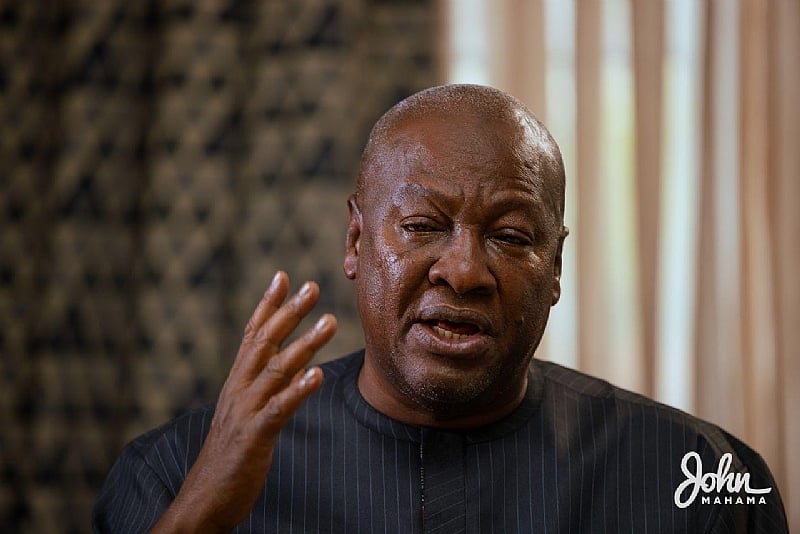Paragraph 1: A Period of Economic Recovery and Stability
President John Dramani Mahama’s first six months in office have been characterized by notable progress in stabilizing and revitalizing Ghana’s economy. Inheriting a fragile economic landscape, his administration has implemented measures that have yielded positive results, particularly in currency stabilization, inflation reduction, and declining interest rates. The cedi, which traded at around GHC 15 to the dollar at the start of the year, has strengthened to around GHC 10, providing much-needed predictability for businesses. Inflation, a major concern for Ghanaians, has decreased from 23.5% to 18.4%, offering some relief to consumers. Interest rates have also softened, signaling growing investor confidence and potentially leading to more affordable borrowing costs for businesses.
Paragraph 2: Restoring Confidence and Attracting International Support
The Mahama administration’s efforts have garnered significant international recognition and support. The World Bank has committed a new financial package to bolster Ghana’s development priorities, while Bill Gates’ grant to the health and education sectors underscores the government’s commitment to human capital development. Fitch Ratings has upgraded Ghana’s sovereign credit outlook, further strengthening the country’s credibility on the global stage. These positive developments reflect renewed confidence in Ghana’s economic trajectory and create opportunities for enhanced partnerships and investments.
Paragraph 3: Challenges and Opportunities in the Second Half of 2025
The second half of 2025 presents both opportunities and challenges for the Mahama administration. Maintaining fiscal discipline will be crucial to sustaining the gains made in the first six months, particularly in managing inflation and interest rates. The upcoming Mid-Year Budget Review will be a key test of the government’s ability to balance its growth ambitions with debt obligations and limited domestic revenue. Navigating potential pressures from labor unions demanding increased financial allocations will be essential for preserving fiscal prudence.
Paragraph 4: Navigating Economic Pressures and Implementing Key Reforms
Several factors could exert pressure on the economy in the second half of the year. Increased spending on social programs, infrastructure, and debt servicing, coupled with the anticipated import boom ahead of the Christmas season, could strain the budget. The introduction of the VAT reform in September, aimed at broadening the tax base and increasing domestic revenue, carries the risk of public resistance if not carefully managed. Ghana’s re-entry into the bond market in September will serve as a barometer of investor confidence and provide insights into market perceptions of the country’s medium-term fiscal credibility.
Paragraph 5: Maintaining Public Goodwill and Political Navigations
President Mahama currently enjoys strong public goodwill, fueled by the positive economic developments, improved international relations, and his decisive leadership. However, this goodwill remains contingent on translating economic stability into tangible improvements in employment, wages, and social progress. Finance Minister Cassiel Ato Forson’s “Forson Doctrine,” emphasizing fiscal discipline and a technocratic approach, has been central to the economic turnaround. The challenge ahead lies in navigating increasingly political considerations while maintaining this disciplined approach.
Paragraph 6: The Road Ahead: Sustaining Momentum and Shaping a Legacy
The first six months of President Mahama’s term have provided a foundation for recovery and stability. The second half of the year presents a critical juncture where the administration’s decisions will shape its legacy and determine the long-term trajectory of Ghana’s economy. Sustaining the gains made, effectively implementing reforms, and maintaining public confidence will be paramount. The ability to navigate the upcoming challenges and capitalize on opportunities will determine whether the current positive momentum can be transformed into sustained and inclusive growth. Only time will tell if the administration can deliver on its promises and solidify a legacy of economic prosperity.


